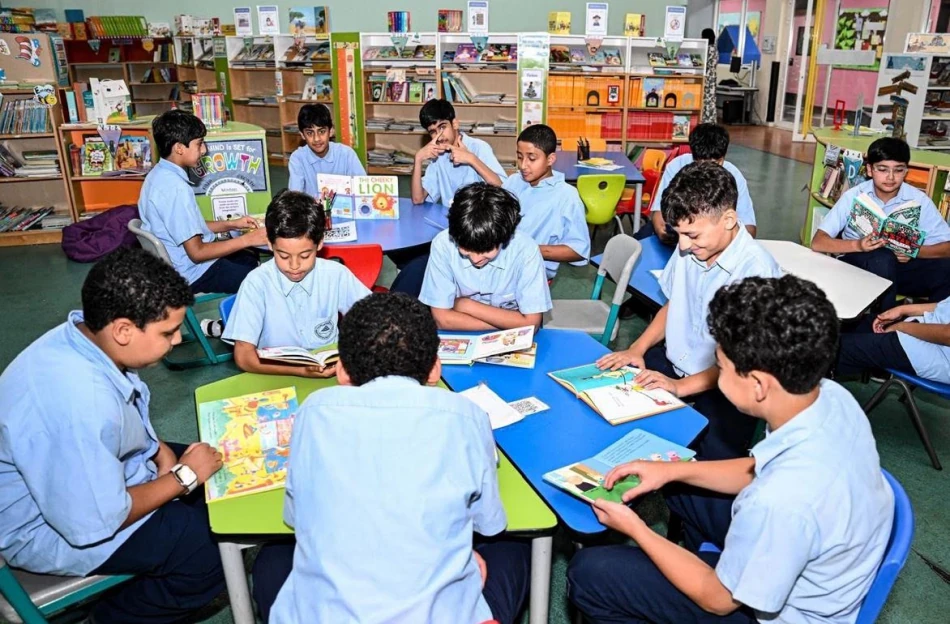
Schools Mandated to Implement Comprehensive Plans for Students' Special Needs and Mental Health Support
UAE Schools Launch Comprehensive Anti-Absenteeism Campaign with Child Protection Escalation
The UAE Ministry of Education has mandated all government schools to implement comprehensive student support plans from the start of the academic year, targeting chronic absenteeism through data-driven interventions and escalating consequences that can involve child protection services. The initiative represents a systematic approach to educational accountability that could serve as a model for other Gulf states grappling with post-pandemic attendance challenges.
Data-Driven Student Support Strategy
Schools must now develop individualized support plans based on students' academic records, health history, and social circumstances. This holistic approach goes beyond traditional punitive measures, recognizing that absenteeism often stems from complex underlying issues rather than simple defiance.
The ministry's framework requires schools to analyze attendance data continuously and create personalized intervention strategies. Parents become active partners in these discussions, while regular meetings with student councils help identify systemic barriers to consistent attendance.
Special Needs Integration
The plan specifically addresses students with disabilities, chronic illnesses, or psychological challenges, ensuring the educational environment adapts to their unique requirements. This inclusive approach reflects the UAE's broader commitment to accessible education, aligning with the country's National Policy for Empowering People of Determination.
Escalating Consequences Framework
The ministry has established a clear progression of warnings and interventions for unexcused absences. The system begins with a first warning after just one day of absence, followed by formal notices at three, six, and nine days. Students who miss fifteen days without acceptable justification face direct referral to child protection services and the School Operations Quality of Life Department.
This escalation model demonstrates a significant shift from viewing absenteeism as merely a disciplinary issue to recognizing it as a potential indicator of deeper family or social problems requiring intervention.
Regional Context and Global Trends
The UAE's systematic approach mirrors similar initiatives across developed education systems, particularly following COVID-19's disruption of traditional schooling patterns. Countries like Singapore and South Korea have implemented comparable data-driven attendance monitoring systems, though the UAE's integration of child protection services represents a more comprehensive welfare approach.
Unlike punitive systems that simply penalize families, the UAE model attempts to address root causes while maintaining clear accountability standards. This balance reflects the country's position as a bridge between traditional Gulf educational approaches and international best practices.
Implementation Challenges and Opportunities
Schools have one month to demonstrate measurable improvements in student attendance before cases escalate to district supervisors and specialized departments. This timeline creates pressure for rapid results while allowing sufficient time for meaningful intervention.
The success of this initiative will likely depend on schools' capacity to deliver the promised counseling services and extracurricular activities designed to boost student motivation. The ministry's emphasis on both classroom and non-classroom activities suggests recognition that engagement requires multiple touchpoints beyond traditional instruction.
Broader Educational Reform Implications
This attendance initiative reflects the UAE's broader educational transformation as the country positions itself as a regional knowledge economy hub. Consistent school attendance becomes not just an individual student issue but a national competitiveness factor in developing human capital.
The ministry's statement that these measures protect students' "right to learn" frames attendance as a fundamental entitlement rather than merely an obligation, potentially shifting cultural attitudes toward educational participation across Emirati society.
Most Viewed News

 Sara Khaled
Sara Khaled






